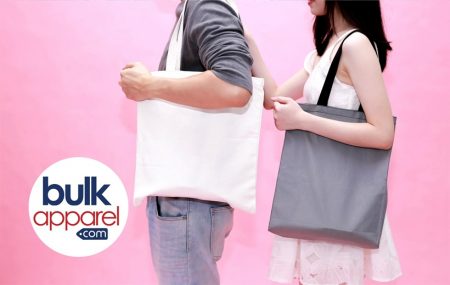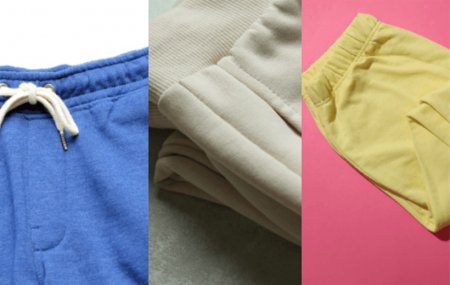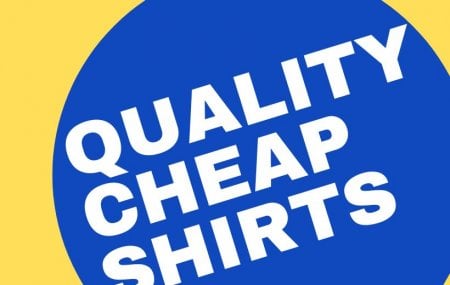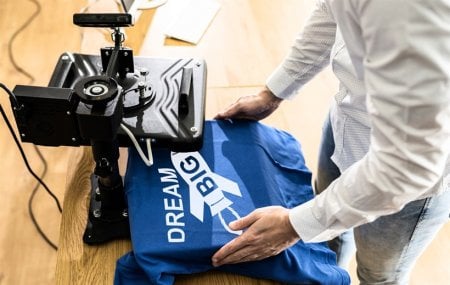Ringspun Cotton VS. Regular Cotton
Rob The T-shirt Guy November 9, 2018 0Not all cotton is created equal, as is the case when comparing regular cotton with ringspun cotton. Discover the difference between standard cotton fibers and the cotton strands that qualify as ringspun.
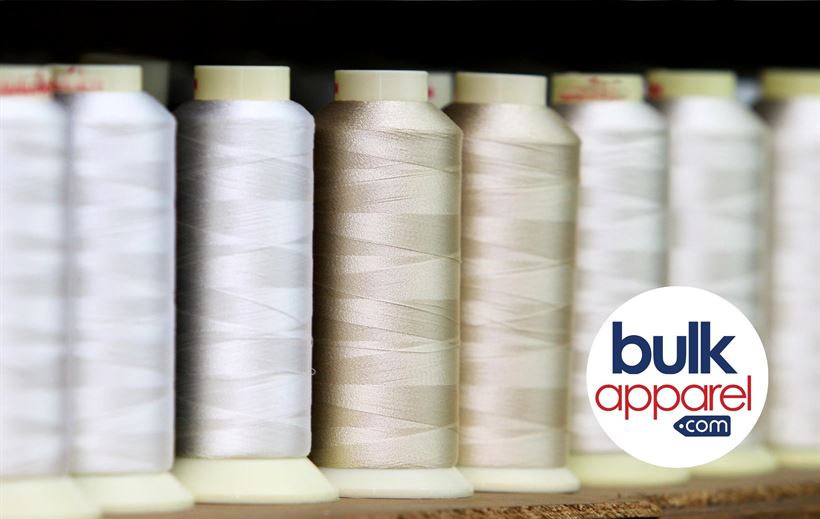

Whether you are in charge of ordering wholesale t-shirts for a large school district or have taken the mantle of corporate apparel merchandiser, you have a wide variety of fabrics to consider before opening up the purse strings for bulk purchases. As one of the most popular fabric options, cotton provides several benefits that include a super soft feel and an above average level of breathability. Cotton also blends well with other types of fabrics, especially durable yarns of nylon and polyester.
However, not all cotton is created equal, as is the case when comparing regular cotton with ringspun cotton. What is the difference between standard cotton fibers and the cotton strands that qualify as ringspun?
Let’s find out.
The Pros and Cons of Regular Cotton
Regular cotton t-shirts undergo a simple manufacturing process. Apparel manufacturers twist together soft vegetable fibers to produce yarn that interweaves to develop into cotton fabric. As the most widely used form of cotton, standard cotton costs less to make than other types of cotton, including the variety used to design ringspun cotton t-shirts. Because of affordability and a level of breathability that makes it ideal for school and corporate uniforms, standard cotton is an apparel industry staple that blends well with other types of materials such as rayon and polyester.
Super smooth regular cotton is a popular choice for school administrators that operate on tight budgets, yet still, want to offer comfortable apparel for students and employees. Standard cotton is a biodegradable fabric that is environmentally sustainable. If you want a wholesale t-shirt that absorbs dyes evenly to generate full colored patterns, regular cotton is your best fabric bet. However, regular cotton apparel is more vulnerable to unsightly wrinkling, which can increase cleaning costs because of the need to take standard cotton apparel to a dry cleaner. In addition, standard cotton is not as strong as the ringspun cotton used to design and manufacture school and employee uniforms.
The Pros and Cons of Ringspun Cotton
Ringspun cotton strands are stronger and withstand more punishment than the strands used to produce regular cotton apparel. Rugged ringspun cotton t-shirts create a softer feel on the skin than standard cotton strands. Ringspun cotton undergoes an elaborate process in which cotton is frequently spun and twisted to develop t-shirts and button-down dress shirts. The result is thinner, softer cotton strands that also increase the cost of manufacturing ringspun cotton apparel.
You can feel the difference between regular cotton and ringspun cotton immediately after you put on a t-shirt or sweatshirt. Tighter, longer cotton strands increase fabric strength which makes ringspun cotton perfect for active professionals that enjoy participating in competitive sporting events. The only negative attribute of ringspun is not the fabric itself, but the cost of manufacturing ringspun cotton apparel. However, by making bulk wholesale purchases, school administrators and corporate managers can decrease the cost of buying ringspun cotton apparel.
The Bottom Line in the Regular vs. Ringspun Cotton Debate
Both standard cotton and ringspun cotton apparel are popular fabric choices for school and company uniforms. Nonetheless, ringspun cotton offers more advantages that include delivering long-lasting comfort and the capability of blending seamlessly with other types of fabrics. You avoid going over your apparel budget by ordering ringspun cotton apparel in bulk through a reputable wholesale distributor. For fundraisers and special events, handing out regular cotton t-shirts is the way to go. For presenting the best image your school or company has to offer, order bulk ringspun cotton apparel to leave a positive impression on parents or the potential customers of your business.




